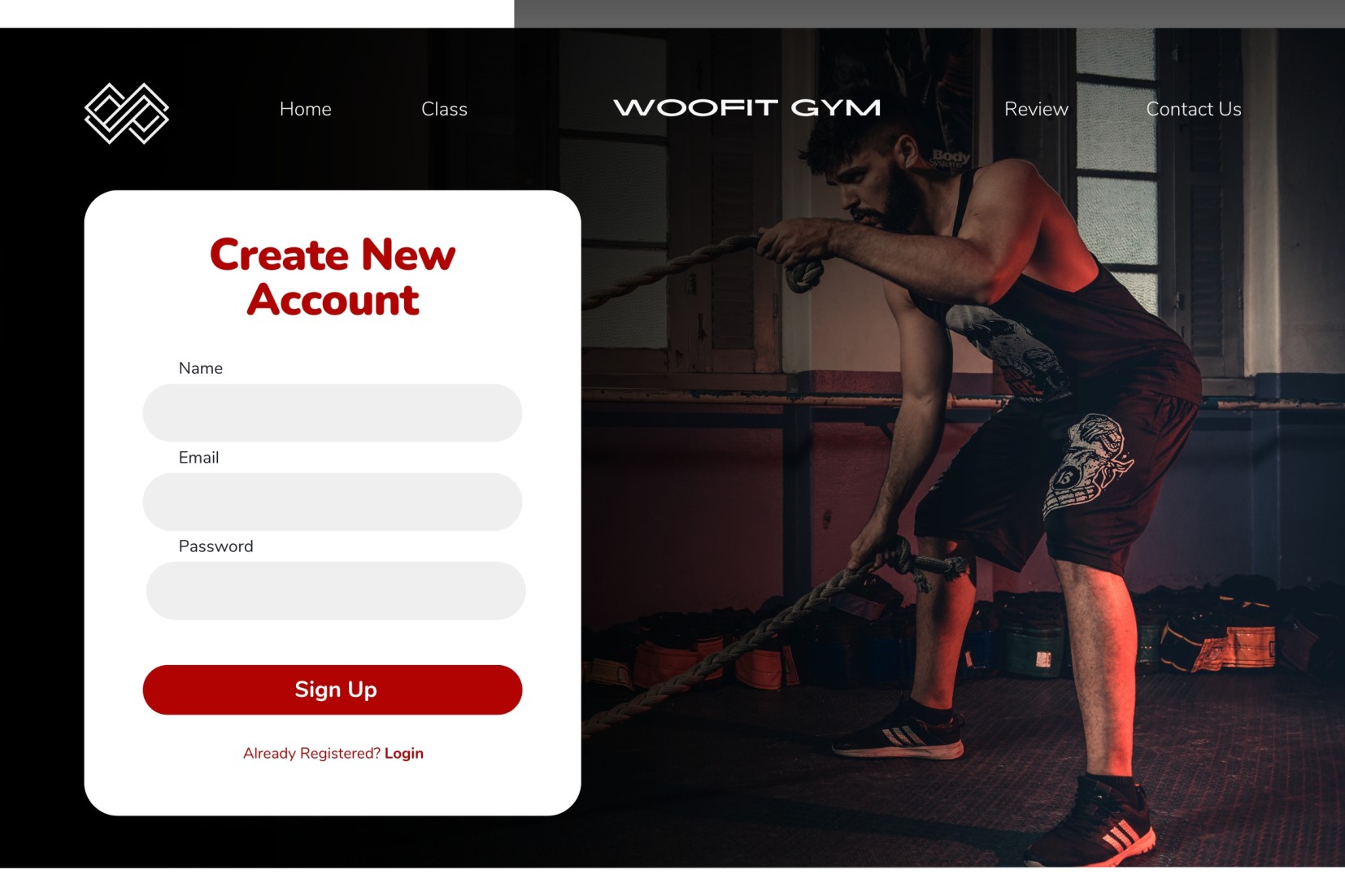Influencer Marketing
What is influencer marketing..?
Influencer marketing is a form of marketing that focuses on using individuals who have a dedicated social following and influence over their audience to promote products or services. These individuals, known as influencers, leverage their credibility, expertise, or popularity in a particular niche to endorse brands and products to their followers.
Influencer marketing typically involves collaborations between brands and influencers, where the influencer creates content that showcases or mentions the brand's products or services. This content can take various forms, including social media posts, blog articles, videos, podcasts, and more.
The effectiveness of influencer marketing lies in the trust that influencers have built with their audience. Followers often perceive influencers as authentic and relatable, which can lead to higher engagement and conversion rates compared to traditional advertising methods. Additionally, influencer marketing allows brands to reach specific target demographics more effectively by partnering with influencers whose audiences align with their target market.
Overall, influencer marketing has become a prominent strategy for brands to increase brand awareness, drive sales, and build positive associations with their target audience in the digital age.
Benefits of influencer marketing
Enhanced Credibility And Trust: Influencers often have a strong bond of trust with their followers, who perceive them as authentic and reliable sources of information. When influencers endorse a product or service, their followers are more likely to trust and consider the recommendation, leading to increased credibility for the brand.
Expanded Reach And Exposure: Partnering with influencers allows brands to tap into their established audience base, which can significantly expand the brand's reach and exposure. Influencers have followers across various social media platforms and niche communities, enabling brands to access new demographics and markets that may be difficult to reach through traditional advertising methods.
Targeted Marketing: Influencers typically specialize in specific niches or industries, and they attract followers who share similar interests. This enables brands to target their marketing efforts more precisely by partnering with influencers whose audience demographics align with their target market. As a result, influencer marketing can generate higher engagement and conversion rates compared to broader advertising campaigns.
Authentic Content Creation: Influencers are skilled at creating engaging and authentic content that resonates with their audience. By collaborating with influencers, brands can leverage their creativity and storytelling abilities to develop content that showcases their products or services in an organic and compelling way. This authenticity helps to foster a genuine connection with consumers and can lead to increased brand loyalty over time.
Cost-effective Advertising: Compared to traditional advertising channels, influencer marketing can be a more cost-effective option for brands, particularly those with limited marketing budgets. Instead of investing in expensive ad placements, brands can allocate their resources towards partnering with influencers who offer access to their engaged audience at a fraction of the cost.
Measurable ROI: Influencer marketing campaigns can be easily tracked and measured using various metrics such as engagement rates, click-through rates, and conversions. This allows brands to evaluate the effectiveness of their campaigns and make data-driven decisions to optimize future marketing strategies. Additionally, many influencer marketing platforms offer analytics tools that provide insights into campaign performance and ROI.
Type of Influencer Marketing
Sponsored Content: This is one of the most straightforward forms of influencer marketing, where brands pay influencers to create content that promotes their products or services. Sponsored content can include social media posts, blog articles, videos, and other types of content, and typically includes a clear disclosure that the post is sponsored.
Product Reviews And Endorsements: Brands may send their products to influencers for review or endorsement. Influencers then share their honest opinions about the products with their audience, highlighting the features and benefits. Positive reviews and endorsements from trusted influencers can significantly impact consumers' purchasing decisions.
Influencer Takeovers: Brands may collaborate with influencers to take over their social media accounts for a specified period. During the takeover, the influencer creates and shares content directly with the brand's audience, providing a fresh perspective and engaging with followers in real-time.
Giveaways and Contests: Influencers are skilled at creating engaging and authentic content that resonates with their audience. By collaborating with influencers, brands can leverage their creativity and storytelling abilities to develop content that showcases their products or services in an organic and compelling way. This authenticity helps to foster a genuine connection with consumers and can lead to increased brand loyalty over time.
Affiliate Marketing: In affiliate marketing collaborations, influencers receive a commission for driving traffic, leads, or sales to the brand's website through unique tracking links or discount codes. This model incentivizes influencers to promote the brand's products or services and ensures that they are compensated based on their performance.
Brand Ambassadorships: Brands may establish long-term partnerships with influencers to serve as brand ambassadors. Brand ambassadors advocate for the brand on an ongoing basis, creating regular content, attending events, and representing the brand's values and identity to their audience.
Content Collaborations: Brands and influencers may collaborate on joint content projects, such as co-created videos, blog posts, or social media campaigns. These collaborations leverage the strengths and expertise of both parties to create high-quality, engaging content that resonates with their shared audience.
Influencer Events And Experiences: Brands may invite influencers to exclusive events, product launches, or experiences to generate buzz and create content opportunities. Influencer events allow brands to build relationships with influencers, showcase their products in-person, and generate authentic content that reaches a wider audience.












